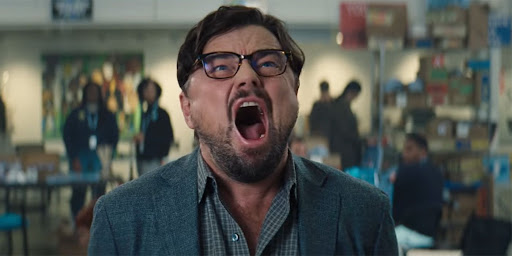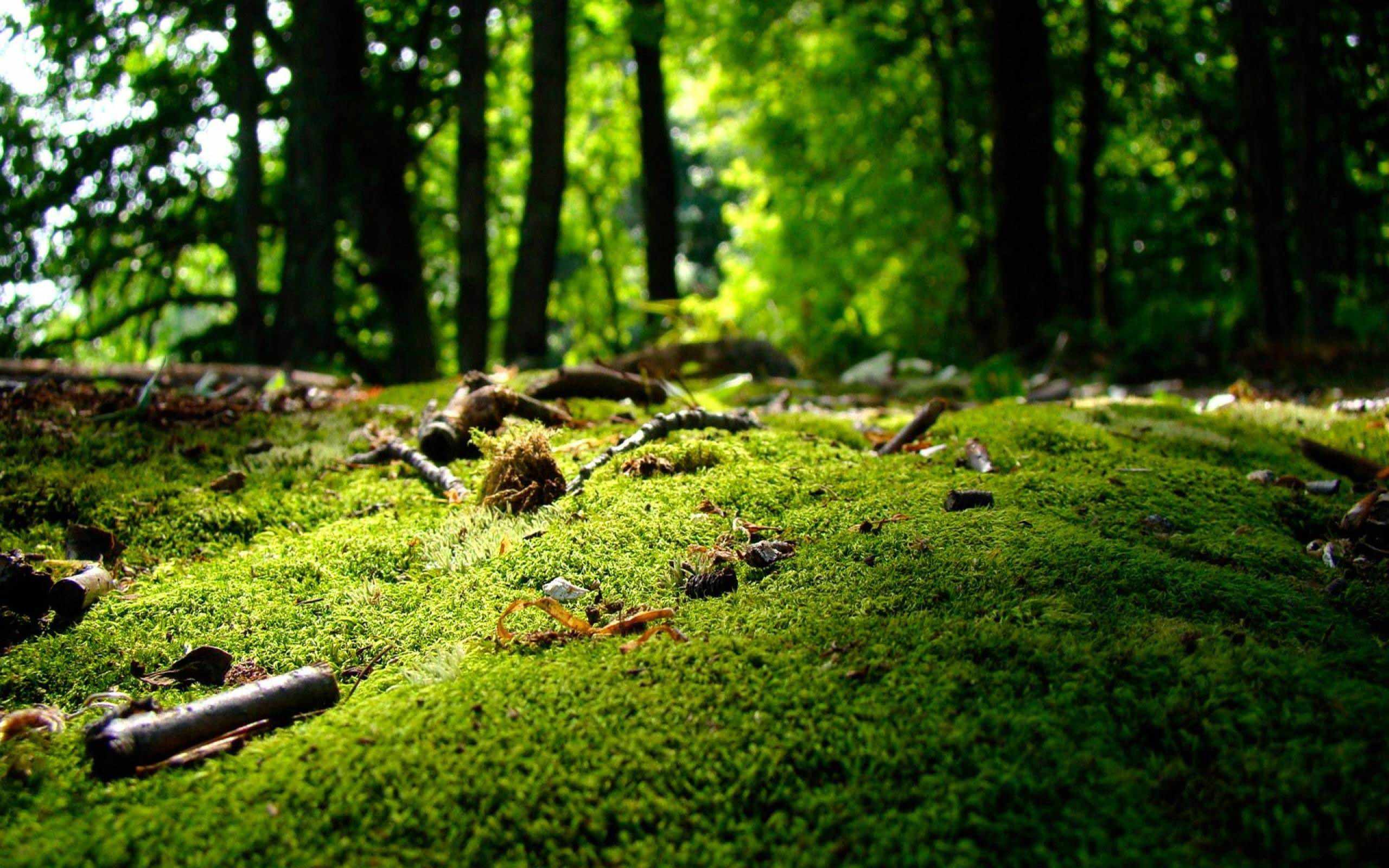Author:
bee-eater
Short summary:
Take aways and thoughts on a one-day event organized by the Austrian academic exchange agency about the European Union’s flagship education program Erasmus+ and its role in climate change mitigation. Look, but don’t look up.

Vienna, May 13th, 2025. The moderation is far too euphoric for my taste - reminding me of the news hosts in the dark sci-fi comedy Don’t Look Up. A massive comet is heading towards earth, but we need to stay in a good and relaxed mood. Enjoy the ride to hell. No need to be anxious or even afraid. All will be good. We need to show our optimism, even if it emerges only under group pressure. If you are scared, drop a tranquilizer. The venue, the new Novotel at Vienna central station, conflicts inherently with the conference theme. We meet where luxury tourists and high-end businesspeople stay. I arrive late. Everybody is already in the conference room apart from two people at the reception desk. I don’t see that the choice of the venue reflects solidarity. But after all its good that people meet and talk. At least we talk like those COP participants who arrive in private jets.
The morning buffet is so loaded and so ample that I get the feeling nobody showed up, but all seats at the approximately 40 tables are taken and about 200 people from formal and informal education have come. The keynote is delivered by Helga Kromp-Kolb a professor emeritus of meteorology and climatology – she fills in for Leonardo di Caprio who plays in Don’t Look Up professor of astronomy Randall Mindy. Her message is scientific and decisive. Her voice fragile but hopeful. She doesn’t lose it, but on the contrary to the moderator, she gives the conference a sense of urgency and points out that the voluptuous morning buffet is the anti-thesis of sufficiency. She identifies fear in children, youth and adults as a reality which needs to be addressed rather than overplayed. She explains that too much fear and threat lead to numbness, too little to a lack of urgency and thus inactivity. I am under the impression that the latter is true for this event and humanity at large: our amygdales are alerted but our flight mode drives us into online addiction, consumption and superficial chitchat that leads nowhere.

Then she asks if we face a crisis, a catastrophe or an opportunity. Wouldn’t we just stay on track, and would nothing change, if doom was not looming ahead? She highlights that peace is an imperative condition for sustainable development and sustainable development an imperative requirement for peace. I am inspired that she bothers to address peace and recall a central slide in our project presentations about the necessity to develop post-national bioregional identities. Peace between humankind requires the abandonment of nation states. The adoption of bioregional identities makes us children of one planet, it puts us into a single boat and creates the language needed to collaborate around the globe for a shared future. As long as nationalities or religions create in- and outgroups there will be no peace and for that matter sustainable development. Nation states, I repeat myself, are in permanent competition, the foreplay to war; and war as we know from the 20th century is total consumption, the ideal condition for excessive capitalism in which only a few win, and the majority, people, wildlife, ecosystems, loose.

Erasmus+ as student mobility program
Erasmus+ enables student mobility, the European Solidarity Corps program which is part of Erasmus+, enables youth mobility in an informal education setting. The program director explains that the climate crisis has made it mandatory for the Austrian academic exchange agency (OeAD) to communicate the kilometers of traveling financed with EU tax money differently. Is traveling still compatible with the climate crisis? Of course it is, because travel as Mark Twain once famously said, “is fatal to prejudice, bigotry, and narrow-mindedness, and many of our people need it sorely on these accounts. Broad, wholesome, charitable views of men and things cannot be acquired by vegetating in one little corner of the earth all one's lifetime.” Travelling with modesty and in moderation creates mutual understanding, increases cultural and natural awareness, can improve ecological intelligence and support peace. OeAD should continue to show kilometers traveled as a KPI but should go a bit more into details and show how these kilometers have been traveled. We need more transparency, not a clandestine repurposing of facts.
Kromp-Kolb carves in on education as a central vehicle to ignite and sustain transformation after only a few slides on the science of climate change. Never have I listened to a scientist who can refrain herself from flooding the audience with her professional knowledge but instead invites to think about education as the central vehicle to solve the climate crisis. Perhaps, she is a true elder, who at age 78, knows what guidance she needs to give. I agree with her: education is the hinge which will make all the difference in this race against time. We need to agree on what to teach and how and therefore ask about the curriculum. Kromb-Kolb is honest about the limitations which we have in the education “industry”. Why is she paid for every test a student takes instead of how many critical questions students ask? Which incentives does the education system need to make a transformation happen? How can teachers serve as role models, when all that really counts in learning is imitation?

Her reference to the teacher as role model immediately reminds me of the reality in schools, where teachers are by wide and large disabled as role models, because they are permanently asked to execute the invisible laws of the education system whether in regard to supervision, liability or grading. The individual role model is rendered in an industrial system into a “null curriculum”, being overridden by a national curriculum and the routine established by the school management. Burn-out as a diagnosis for teachers does in my understanding quite often mean, that a person becomes “hollow”, that one’s own essence is being suppressed by the system until one feels empty and lifeless. Of course there are these people who thrive under such conditions, who splurge on the energy of the dark side and turn into death-eaters who keep the power mold in place and grow at the expense of colleagues and students. Schools are the repeated playground for the prisoner’s dilemma. Kromb-Kolb concludes that we need to teach systems understanding (ecology) and empathy, but does not give an answer on the how. There is not much time left, she tells us, so knocking down the walls of schools, is a good try.

Further reading:
• On Education Crisis and Prisoner’s Dilemma: https://www.greensteps.me/library/education-crisis-and-prisoner-dilemma.php
• Learning What Matters in the Anthropocene: Why we need a prosthesis for the mind to react to climate change: https://ark.greensteps.me/page/learning-what-matters-in-the-anthropocene/
Interested to connect your school / municipality to the Internet of Nature?
• Download our info slide deck: https://seafile.greensteps.me/f/72397ed7e80445de9adf/
• Create your community: https://ark.greensteps.me/page/create-community/
• Create your hometown: https://ark.greensteps.me/page/commons-mentor/
• Set up a missing ecoregion: https://ark.greensteps.me/ecoregions
Subscribe to our bi-monthly newsletter:
• https://www.greensteps.me/membership.php





